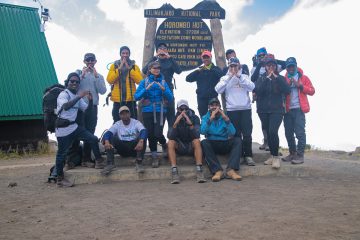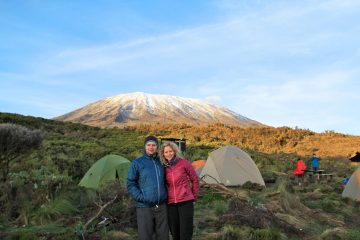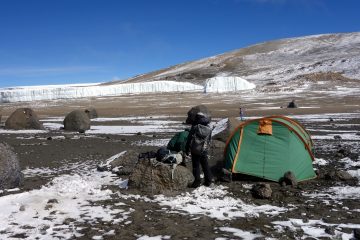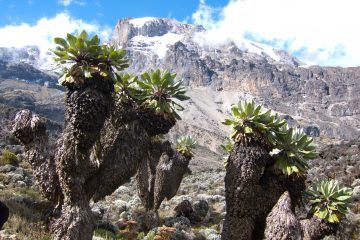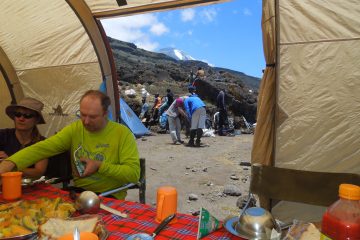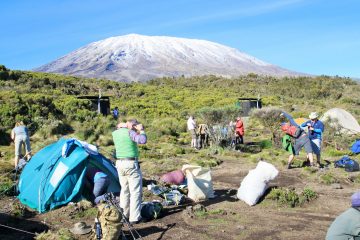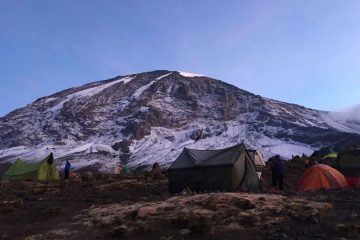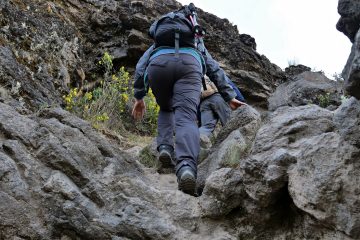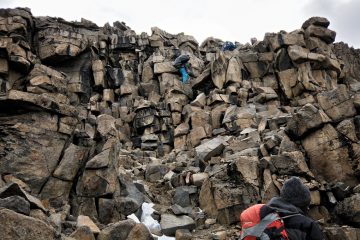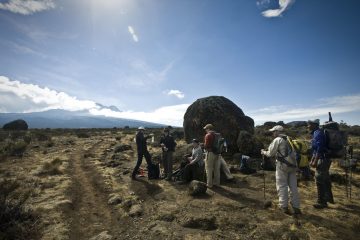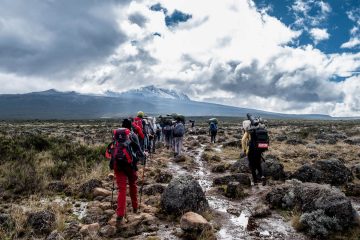W provide excellent up to date advice on malaria risks and how to avoid them. You can get your anti-malarial tablets and all your other kit from a pharmacy but we do recommend that you consult your doctor, in case you have allergies and to get the proper medication and dosage
Malaria
Once you are above 2000m there are no mosquitoes and therefore no malaria. There is though a risk in Moshi and in low lying areas such as Arusha, and tablets are advised for the southern plains. Tablets advised for risk areas are Chloroquine and Proguanil. You should ensure good bite avoidance especially between sunset and sunrise, including covering up with long sleeves/trousers, applying DEET to all exposed skin, permethrin to clothing and sleeping under a mosquito net or staying in an air-conditioned room.
Diarrhoea
If you have diarrhoea when travelling, it’s important to keep hydrated by drinking oral rehydration solutions such as Dioralyte.
In an emergency, many travel health professionals also recommend taking a single 500mg tablet of the antibiotic ciprofloxacin (e.g. Ciproxin). This is a prescription-only medicine, and you should discuss its use with your doctor before leaving for areas where it might be needed. This dose is for healthy adults who are not pregnant or breastfeeding.
Medicines such as loperamide (e.g. Imodium) can be used for short-term treatment of mild diarrhoea, and we recommend taking a course with you.
Some useful precautions include:-
- Unless you are sure of the purity of the water supply, don’t drink it. This also applies to water used for ice cubes and for cleaning teeth. You will be supplied with filter water for drinking.
- Eat only cooked vegetables and avoid salads.
- Wash your hands thoroughly before eating or handling food, and always after using the toilet.
- Take a hand sterilising gel and use this before eating




